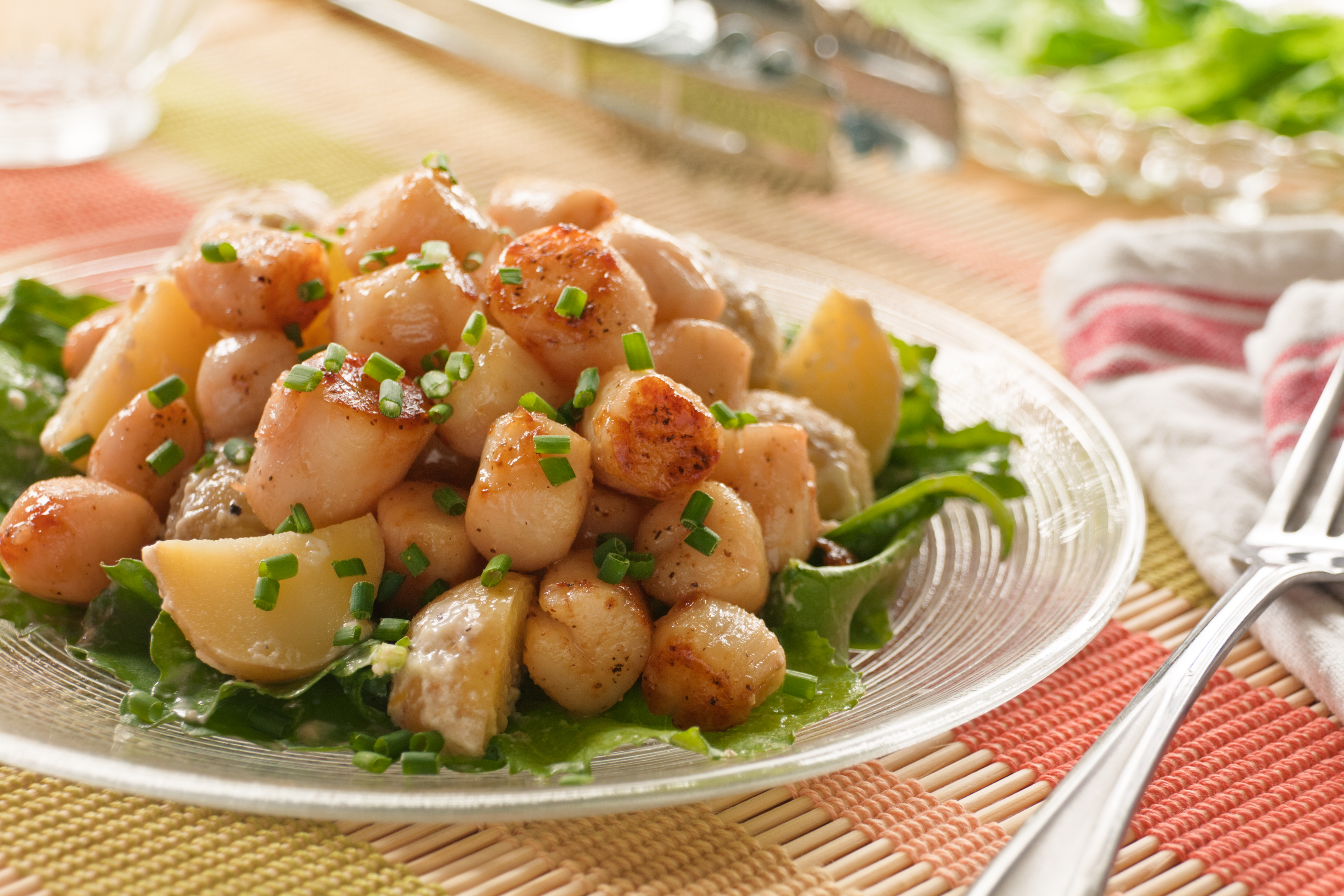Eating foods grown closer-to-home holds a number of advantages for you, the earth and your community. You’ve no doubt already thought about some of those—for example, supporting local farmers and food producers, and saving fuel/diminishing truck exhaust in the environment since food doesn’t have to travel as far. There are probably some health advantages, too, which people often fail to realize.

In general, fresher produce is more nutritious.
This is not a point about fresh versus frozen, but rather, about the fact that the longer produce is stored, the more nutrients it will lose in general. It just stands to reason that old, limp, dehydrated veggies you’ve stored in the back of your fridge won’t have as many nutrients as a freshly harvested veggies will. Getting your produce locally when you can—from local farmers who deliver to your supermarket, or from a farmer’s market—is a great way to get top quality produce. It’s up to you to eat it though, so don’t let it languish in the crispier drawer. (Interestingly, research shows that fruits and veggies don’t begin to “die” the minute they are picked—they are still active on a cellular level, and can alter their levels of phytochemicals in response to light and dark/circadian rhythms. Fascinating!)
More organic choices may be available locally.
Although most supermarkets now have a variety of organic produce available, the chances are great that if you’re shopping from local purveyors, you’ll be able to get a wider variety of organic produce. Not everything at the farmer’s market is organic, though. Just ask—local purveyors are more than happy to tell you about how they grow and produce their products.
Local eating is seasonal eating.
What’s available fresh at the farmer’s market or through local purveyors will be what is available at that time in the fields nearby. There once was a time when getting fresh strawberries in the winter was unheard of; people had to eat seasonally. One good thing about eating seasonally is that it puts us in touch with the natural rhythms of the land around us. It allows us to appreciate the bounty of each season—berries in the summer, squash and corn in the fall, root veggies in the winter, peas and onions in the spring. What’s more, a food in season is at its peak in both taste and nutrition. Another benefit: farmers growing food for local consumption have the luxury of being able to choose varieties of produce based on taste and nutrition, versus yield or ability to endure transport. That also means heirloom varieties of your favorites are likely more available locally.
You can form a personal connection.
There is something very satisfying about knowing the farmer who grew what you are buying. Personal connection is something we seem to have less and less of these days, and so buying local products and eating locally is a nice way to keep your community tight and make your world a little more personal.